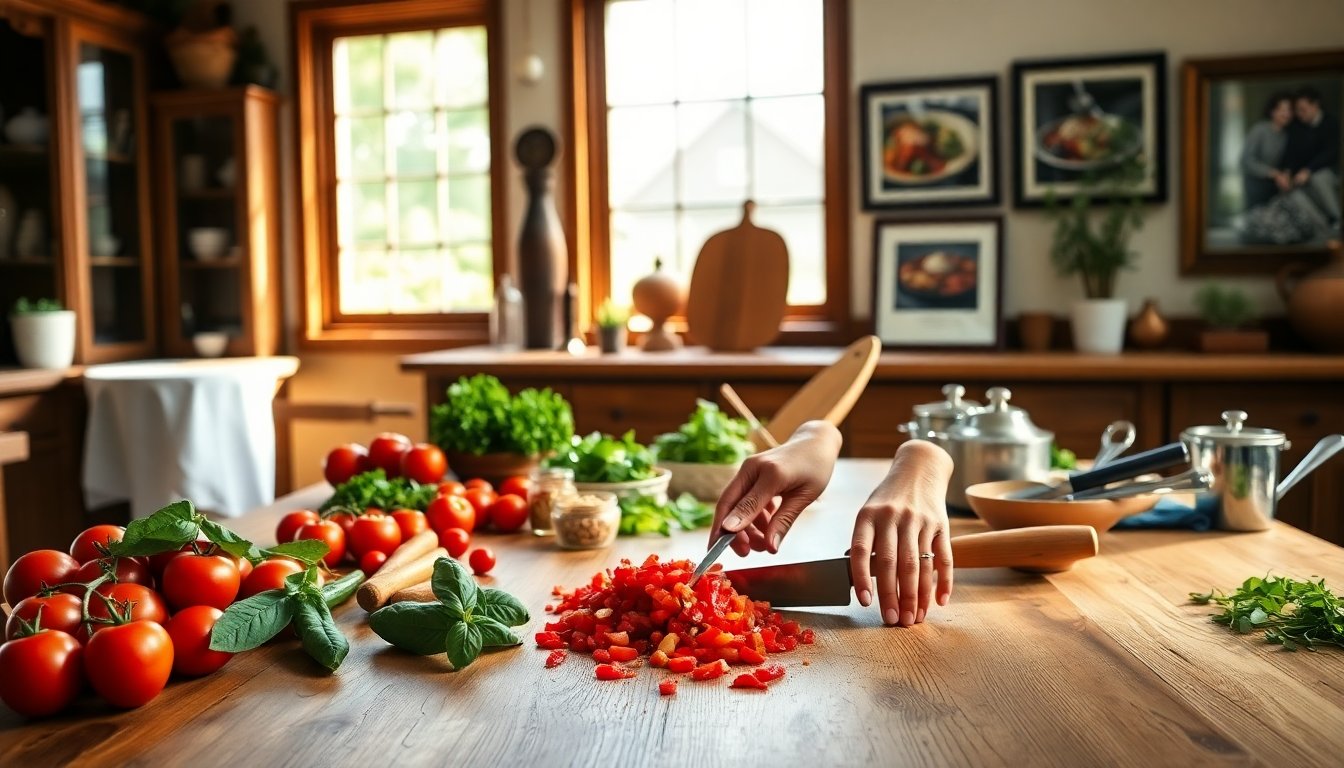Table of Contents
Lidia Bastianich, a renowned celebrity chef, author, and television host, has a compelling story that intertwines her culinary passion with her experiences as an immigrant. Fleeing the oppressive regime of communism in the former Yugoslavia, Bastianich’s early life was marked by challenges that shaped her worldview. As a dedicated board member of Jesuit Refugee Services/USA, she channels her past into efforts that uplift refugees and migrants.
Bastianich emphasizes the power of food as a universal language that transcends cultural divides. In an exclusive interview, she elaborates on how her personal journey informs her commitment to helping those in need.
The universal language of food
Bastianich believes that food serves as a vital connector among people, regardless of cultural background or geographic location. It represents nourishment and hospitality, opening doors to understanding and compassion. She states, “Food is a common denominator to all of us. When you share a meal, you’re not just offering sustenance; you’re expressing a desire to connect and care for others.”
The emotional weight of food cannot be overlooked. Smells and flavors often evoke powerful memories, transporting individuals back to cherished moments. Bastianich suggests that food diplomacy could play a crucial role in addressing global issues, allowing diplomats to engage in more meaningful discussions around a shared table. “When defenses are lowered, it becomes easier to listen and communicate,” she asserts.
Cultural exchanges and culinary identity
Throughout history, many ingredients now staples in American cuisine were once foreign imports. Bastianich highlights the journey of tomatoes, corn, and peppers, which were introduced to Europe following Christopher Columbus’s voyages. “These foods transformed the culinary landscape of Italy, where tomatoes became the heart of our cuisine,” she shares.
As immigrants arrived in America, they brought their culinary traditions with them. Bastianich emphasizes that food is a powerful storyteller, revealing much about an immigrant’s identity. “America is like a vibrant quilt, stitched together from diverse cultures. Each patch represents a unique heritage,” she explains. This sentiment is echoed in the variety of international cuisines found in even the smallest towns across the nation.
Personal experiences shaping a mission
The chef’s background as a refugee deeply informs her humanitarian efforts. Bastianich recounts her family’s escape to Italy and subsequent challenges, including two years spent in a refugee camp. “We faced immense uncertainty, longing for the comfort of home and family,” she recalls. Ultimately, with the support of Catholic Charities, her family resettled in the United States.
“I felt an overwhelming gratitude towards the American people who welcomed us,” she reflects. This experience fuels her desire to give back, motivating her to assist current refugees and migrants. “I relate to their struggles, and I want to help provide opportunities for them,” she states.
Healing through community and support
Bastianich acknowledges the trauma many refugees endure. She remembers her own confusion and fear as a child, separated from her family upon entering a camp. “The emotional scars of being a refugee linger,” she admits. “Children deserve stability and security, especially after such upheaval.”
Upon arriving in the United States, her family found temporary shelter in a hotel, reminiscent of the current plight of many migrants today. “When we finally locked the door to our own apartment, I felt a wave of relief wash over me. This was home,” she shares. Bastianich emphasizes the importance of ensuring that today’s children receive the same sense of safety and belonging.
Bastianich emphasizes the power of food as a universal language that transcends cultural divides. In an exclusive interview, she elaborates on how her personal journey informs her commitment to helping those in need.0
Bastianich emphasizes the power of food as a universal language that transcends cultural divides. In an exclusive interview, she elaborates on how her personal journey informs her commitment to helping those in need.1


